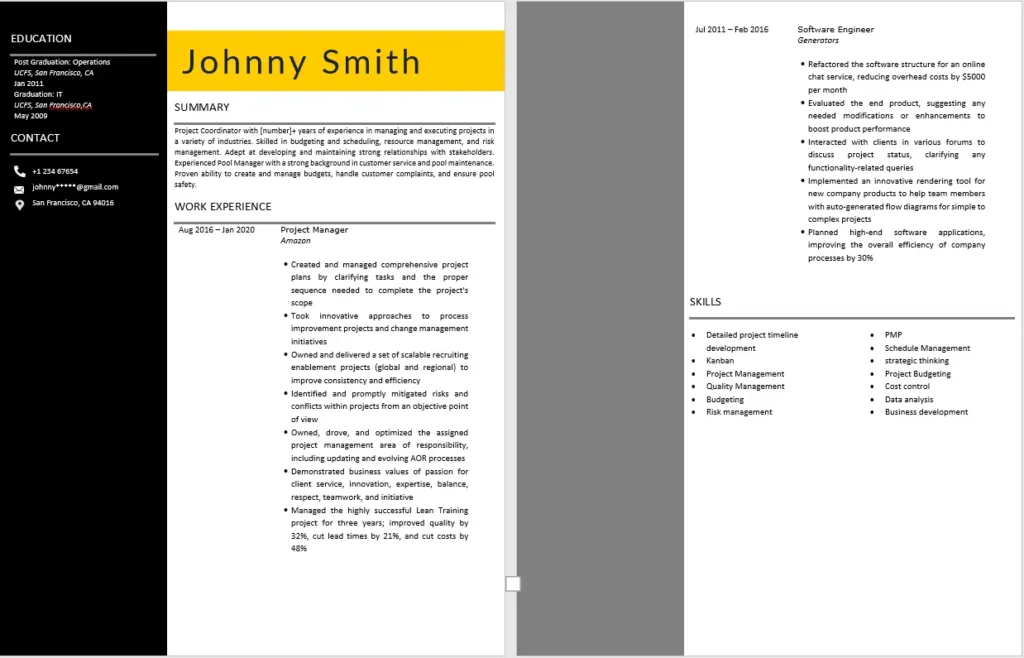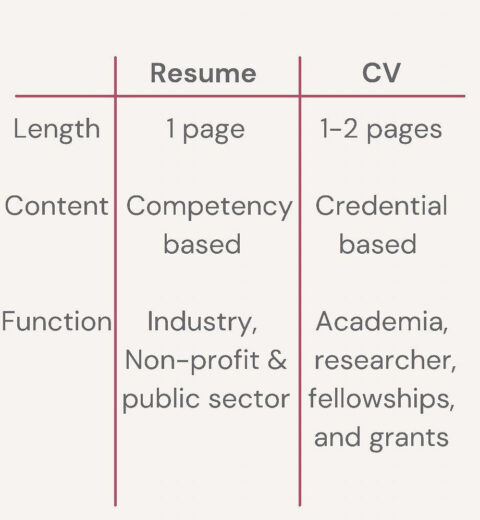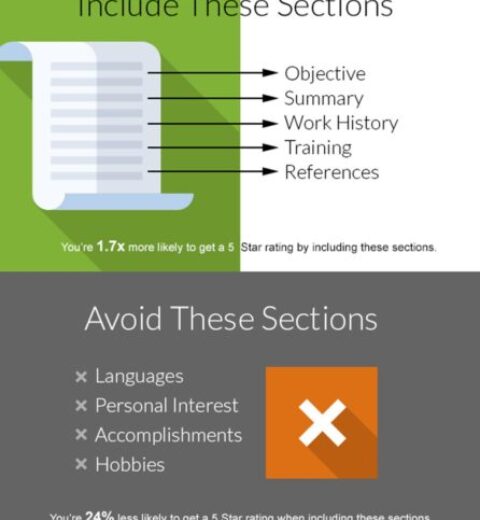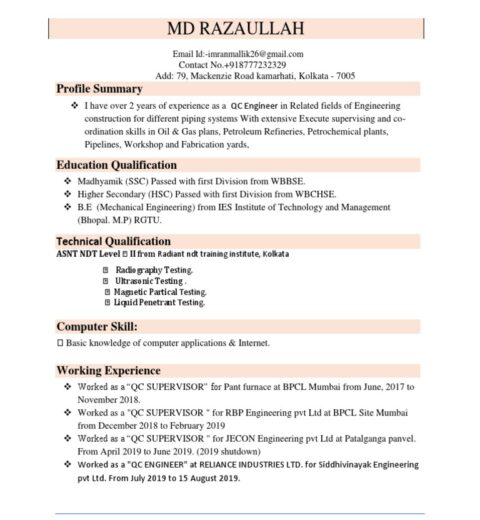In the competitive realm of job applications, your resume serves as an essential tool to showcase your skills, experiences, and qualifications. One of the most pressing questions candidates grapple with is the optimal length for their resume. Is one page sufficient, or does a two-page resume offer a more comprehensive narrative? This guide delves into the nuances of resume length, providing practical insights to help you make an informed decision.
Traditionally, the prevailing wisdom has favored a one-page resume for entry-level positions and recent graduates. This format compels candidates to distill their most pertinent experiences and skills succinctly. However, as professionals accumulate more experiences, particularly in specialized or multifaceted fields, the debate intensifies over whether a two-page document is warranted.
The fundamental principle to consider is relevance. Your resume must be a distilled reflection of your professional journey tailored to the job you are applying for. Irrespective of its length, clarity and focus are paramount. Recruiters and hiring managers typically spend only a matter of seconds skimming each resume; thus, it is imperative that the critical information is easily identifiable. A concise and direct one-page resume can often make a more immediate impact than a lengthy document laden with extraneous detail.
Nevertheless, there are scenarios where a two-page resume is not only acceptable but advantageous. For instance, seasoned professionals with extensive work histories may find that they require additional space to adequately convey their achievements, relevant skills, and contributions to former employers. In industries where diverse experiences are valued, a two-page approach can effectively illustrate one’s multifaceted capabilities.
When considering the viability of a two-page resume, it is crucial to assess the target job and industry norms. Some sectors, such as academia, research, or government, may favor a more extensive document, while creative fields might lean towards brevity paired with visual appeal. Crafting a resume that resonates with hiring norms in your specific domain can significantly enhance your chances of securing an interview.
One of the most effective strategies for maintaining brevity, even in a longer resume, is to prioritize information based on impact. Begin with a compelling summary or objective that encapsulates your career goals and central qualifications. Follow this with experience that highlights results rather than mere responsibilities. For example, instead of stating that you managed a team, specify that you led a team of five to achieve a 20% increase in productivity within six months.
Additionally, utilizing bullet points rather than lengthy paragraphs can greatly enhance readability. Bullet points allow hiring managers to quickly absorb essential details, thus maintaining their interest. It’s important to ensure that every bullet point adds value—eliminate any redundant phrases or less relevant experiences that do not bolster your candidacy for the position in question.
While the visual formatting of a resume is often overlooked, it plays an integral role in its success. A well-structured resume with clear headings and consistent font usage can facilitate navigation and retention of key points. Bulky paragraphs may deter even the most eager recruiter, so opting for a clean, professional design is advisable.
In devising your two-page resume, include only relevant educational experiences, certifications, and affiliations. If you hold multiple degrees or pertinent certifications, consider summarizing those sections to avoid clutter. For instance, instead of listing courses taken, mention only the degree obtained and the institution. Aim for clarity and relevance, retaining only what directly contributes to your narrative.
Another consideration is the inclusion of keywords. In today’s digital job market, many companies utilize applicant tracking systems (ATS) to filter resumes before they even reach human eyes. Integrating industry-specific keywords from the job description can ensure your resume is not lost in digital oblivion. This is equally vital, whether your resume is one page or two.
Once you have composed your resume, the next step is meticulous proofreading. Errors and typos can mar an otherwise stellar application. Consider enlisting a peer or a mentor to review your resume. A fresh set of eyes can catch mistakes you may have overlooked and provide feedback on content and presentation.
Ultimately, the decision between one page and two pages should be governed by individual context. If your experience supports a two-page format without sacrificing clarity and focus, then embrace the additional space. Conversely, if you can encapsulate your qualifications effectively within a single page, that too can be a powerful statement of professionalism.
In summary, whether to opt for a one-page or a two-page resume hinges on various factors, including your career stage, industry standards, and the specific job you are targeting. Prioritize relevance, clarity, and readability as you craft your document, and you will increase your chances of making a favorable impression in your job search. Armed with this knowledge, candidates like Sarah can confidently navigate the complexities of resume writing, ultimately facilitating a successful transition to their desired careers.




